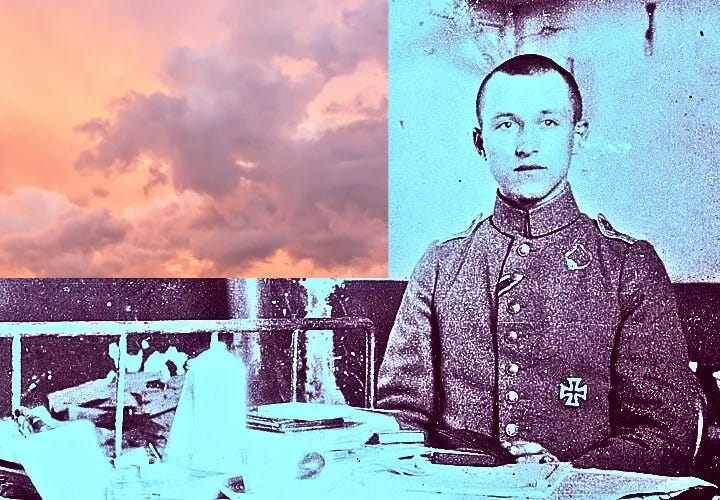This essay appears in Issue 4 of the Mars Review of Books. Visit the MRB store here.
On the Marble Cliffs
by Ernst Jünger, translated by Tess Lewis
New York Review Classics, 136 pp., $14.95
Ernst Jünger (1895–1988) is often mischaracterized as a Nazi collaborator, or at least an enabler. But his diaries reveal that he aided the Jews during the Holocaust and despised the Third Reich. When Hitler came to power, Goebbels offered Jünger a seat in the parliament, which he declined, reasoning: “I’d rather write one good poem than represent 60,000 idiots.” Yet after the German defeat in the first Great War, Jünger came to “hate democracy like the plague.” He hated the liberal American forces and their capitalism just as much as he hated the people who brought Hitler into power. “Our Fatherland,” he once wrote, “is like a poor man whose just cause has been usurped by a crooked lawyer.”
Jünger was of a type largely forgotten today: so right-wing that he hated the Nazis. Unfortunately, after turning his soldier son against the Führer, Jünger would come to see little Ernstel apprehended for making defeatist remarks about the Third Reich, sent to the Italian front, and shot in the back of the head. Jünger would always believe that his son was murdered by his own men.




